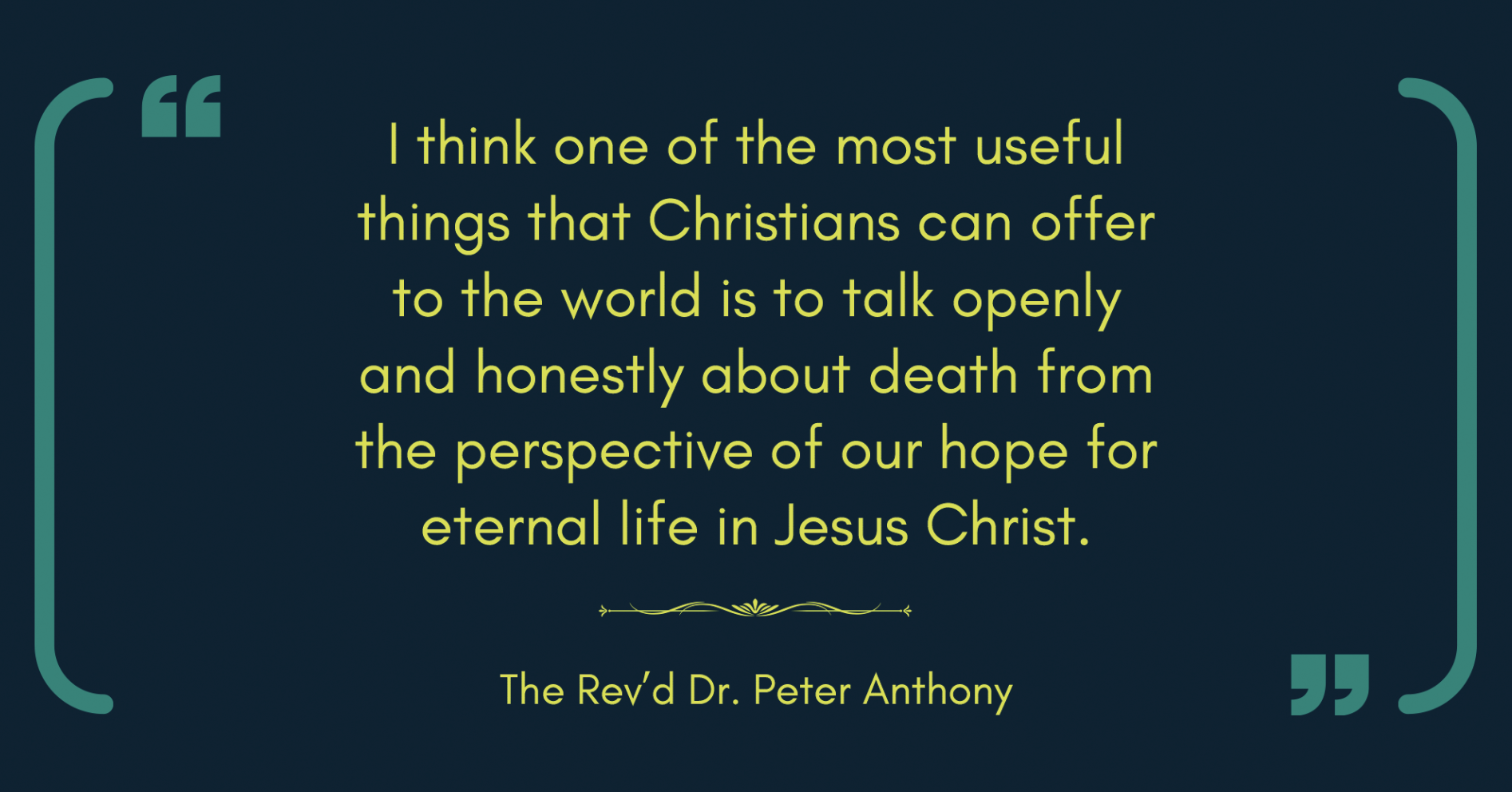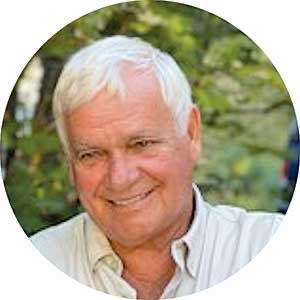Some time ago, I was contacted by a parishioner who shared with me a sermon given recently by a priest in England on the subject of death, wills, and how to prepare for your own death. I was delighted with the fact that the priest had talked about such an important subject from the pulpit. I contacted the Rev’d Dr. Peter Anthony, the Vicar of All Saints’ Margaret Street, who gave me permission to use his sermon words.
He began by suggesting the following:
I‘d like to speak this morning about one of the only things in life, according to Benjamin Franklin, are unavoidable. No I am not going to speak about taxes. I‘m going to speak about something far more interesting, namely your death. It has long been part of the Christian tradition to think about our mortality in Lent. We begin don’t we on Ash Wednesday with the rather chilling words, “Remember you are dust and to dust, you shall return.” Part of what we are trying to do in Lent is to return to an understanding in life which is, so to speak, more creaturely. We are not little Gods. We are created mortal beings. Lent calls us to learn to live more humbly in the creation God gave us as his sons and daughters. It’s about realizing afresh that God made us and that one day we will, every single one of us, all return to him. At the heart of the culture we live in is a complete denial of death’s existence or if it is acknowledged, it is done so with dreaded terror.
Father Anthony talked about how we address the subject of death:
I heard of an undertaker the other day that his firm forbids them from mentioning the word death or the verb to die when they are dealing with bereaved families. Instead they have to talk about people passing, passing away, passing on or passing up. The grim truth is this: buses and trains pass by and pass on but we human beings die. I think one of the most useful things that Christians can offer to the world is to talk openly and honestly about death from the perspective of our hope for eternal life in Jesus Christ.
The Vicar then asked the question, “How should a Christian prepare for death?” His response:
One of the most important things it is the duty of every Christian to undertake is to make sure that they have a prepared an up to date will. On one level, this is simply a matter of pragmatic generosity. If you die without a will, it is your nearest who will have to deal with the complexities that you leave behind. Leaving a Will means you can save those you love a lot of trouble in sorting out your affairs. A well written Will is also the biggest and best antidote that I know against family rows after your death. If your wishes are clear and recorded, there’s no room for tension in discerning at least what you wanted. And, as a part of your will, I would argue, it is a Christian duty to make sort of gift after your death to the work of the Church. Contributing in monetary terms to the Church’s mission is an obligation of Christian discipleship whilst we’re alive. So it makes sense in my mind at least to include a legacy of some sort for the church after your death. Your generosity can have a significant effect even after you’ve gone to glory.
The good vicar goes on to say that if you are interested in leaving a legacy for your parish, you should discuss the subject with your rector. He talked as well about planning your funeral, and stressed that your wishes should be written down and shared with your family and your parish.
Father Anthony concluded his sermon by an admission and a promise:
Now do I have all these arrangements laid out. I see the questions going through your minds. The answer is no. I don’t so I am publicly undertaking to follow my own advice and draw up a document with my own funeral wishes and make a will containing amongst other things, a legacy for All Saints’ Margaret Street. And if I can do that over the next few weeks, I would argue that, if you haven’t already, so can you.
What better way to end your sermon! Thank you, Father Anthony.
Have a great summer!


